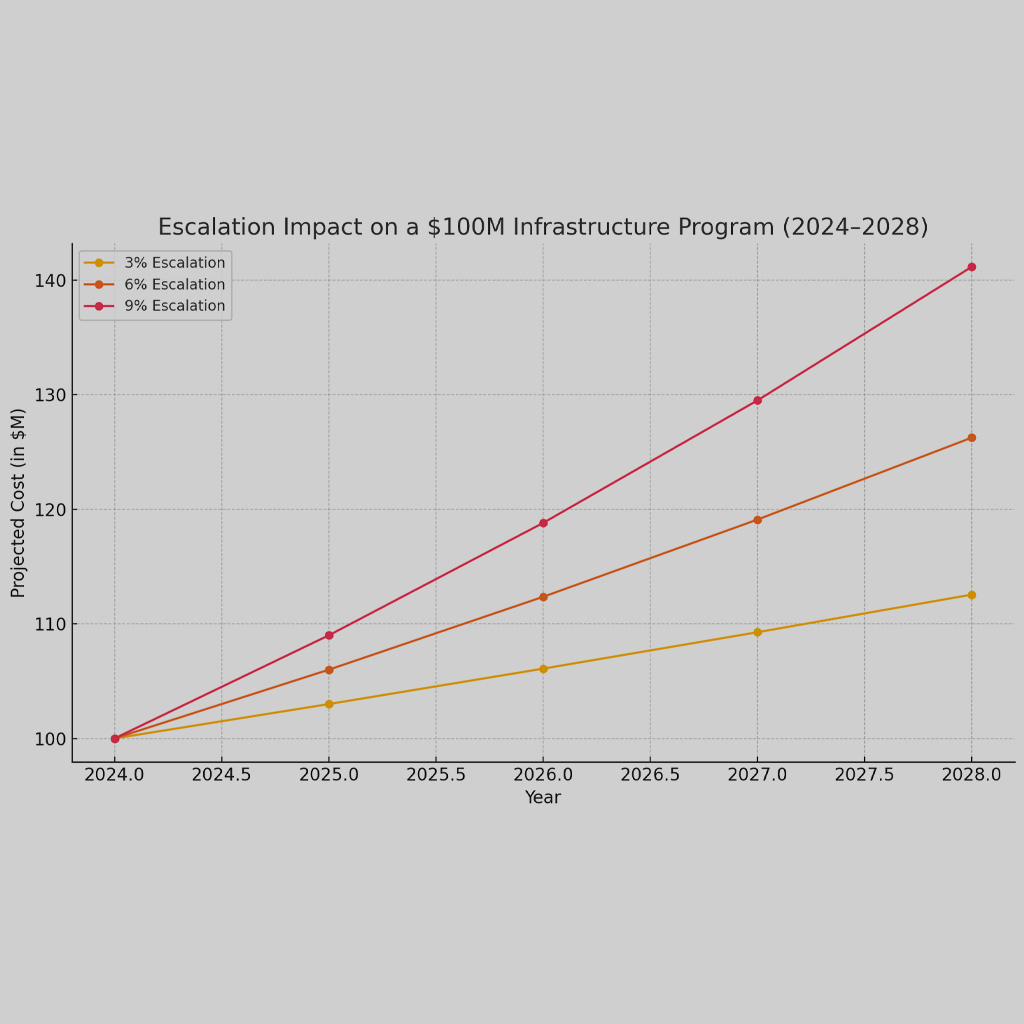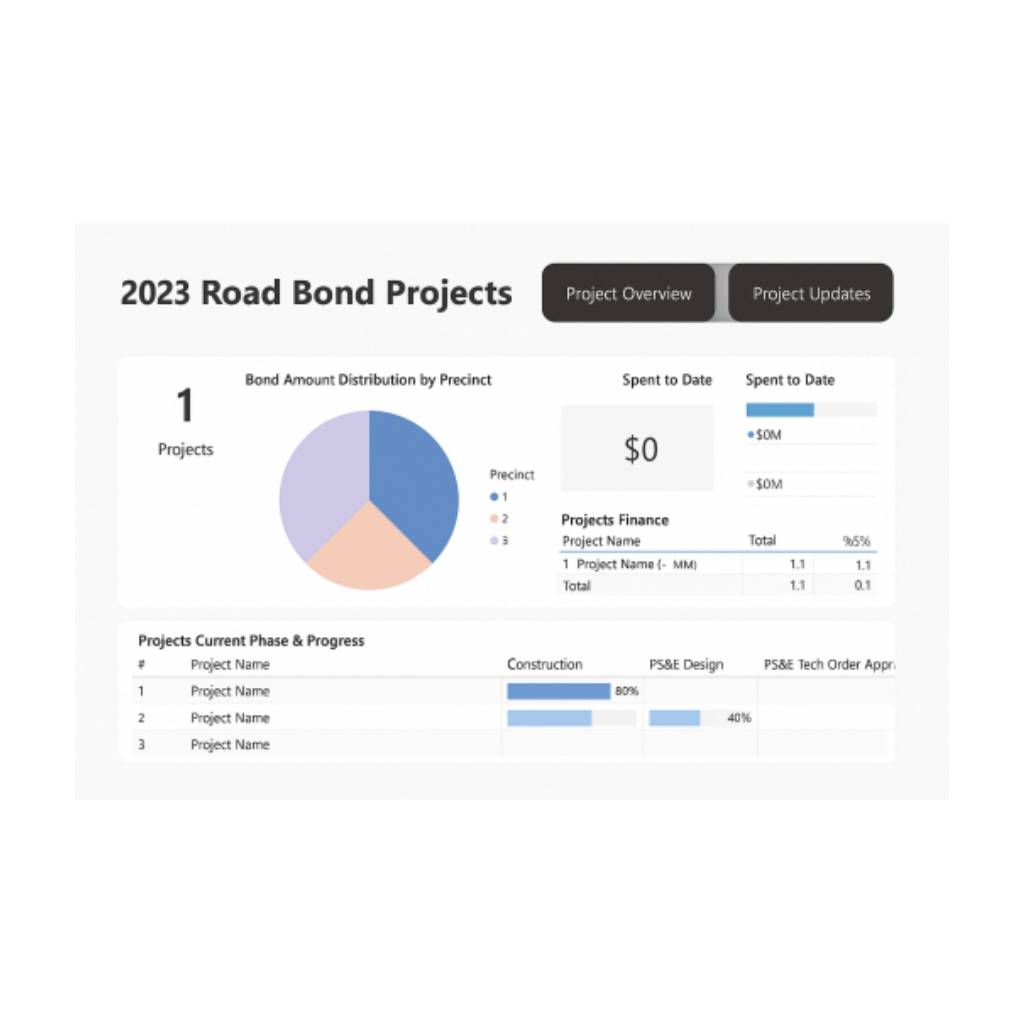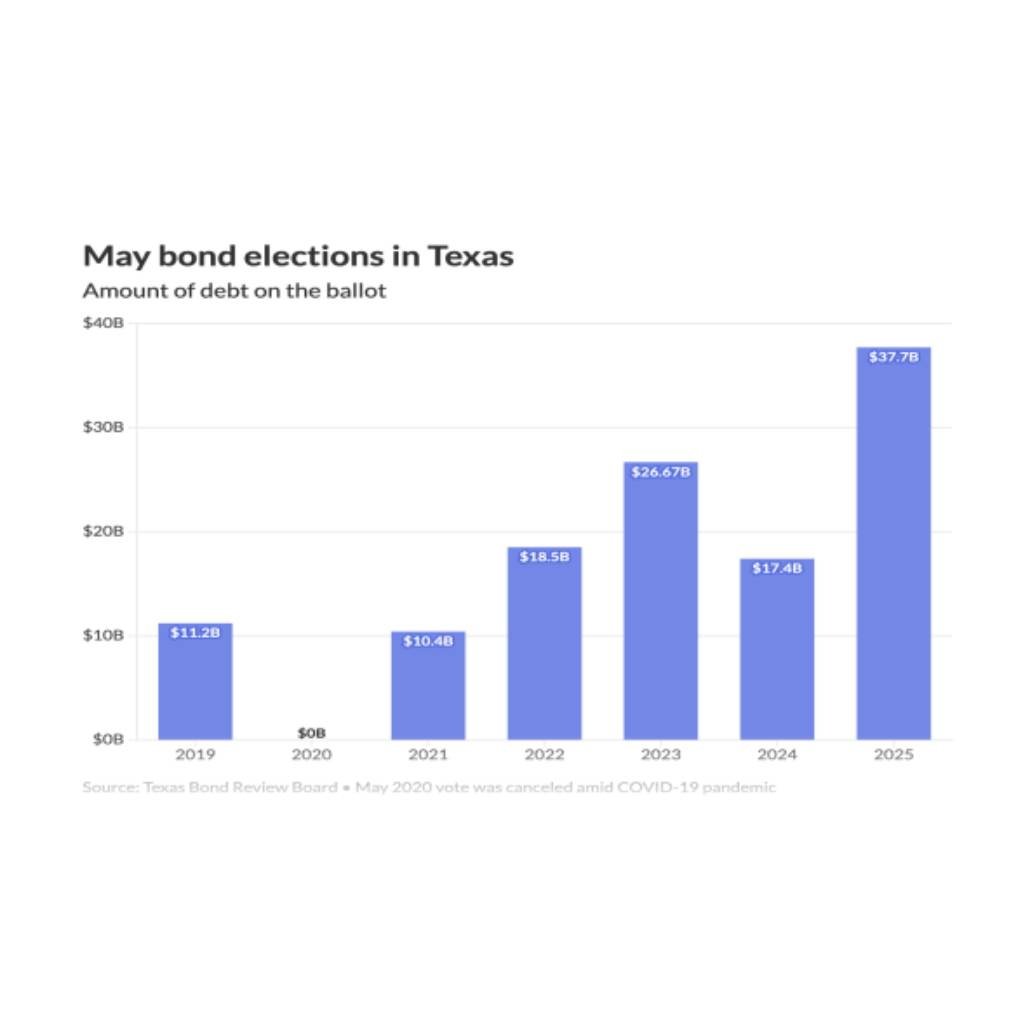As global economies continue to evolve, interest rates often fluctuate in response to various factors. In recent times, we have witnessed a steady rise in interest rates, which has sparked concerns regarding the potential ramifications for capital bond improvement programs. As a key instrument of infrastructure financing, these programs enable governments and public agencies to undertake large-scale projects that bolster economic growth and enhance the quality of life for citizens.
Capital bond improvement programs, or simply capital improvement programs (CIP), involve the issuance of municipal bonds to finance long-term infrastructure projects such as transportation, education, and utilities. The success of these programs is heavily reliant on the prevailing interest rates, which play a crucial role in determining the cost of borrowing and the overall feasibility of projects.
As interest rates rise, the cost of issuing new bonds increases, resulting in a higher debt burden for governments and public agencies. This can potentially lead to several consequences:
- Delayed or canceled projects: Higher borrowing costs may prompt public agencies to postpone or even cancel proposed infrastructure projects, as they reassess the viability and affordability of these investments. Consequently, this could hinder economic growth and impede efforts to address pressing infrastructure needs.
- Increased tax burden: To compensate for the elevated borrowing costs, governments may opt to raise taxes, placing an additional financial strain on taxpayers. This could potentially result in public opposition and diminished support for capital improvement programs.
- Reduced investor appetite: Rising interest rates can also affect the demand for municipal bonds. As alternative investments become more attractive, investors may be less inclined to purchase bonds, making it more challenging for governments and public agencies to secure the necessary funding for infrastructure projects.
- Credit rating impact: Elevated debt levels and higher borrowing costs can negatively affect the credit ratings of governments and public agencies. This, in turn, may increase the cost of future borrowings, perpetuating a cycle of rising costs and constrained resources.
- Refinancing challenges: Public agencies often rely on refinancing existing debt at lower interest rates to free up funds for new projects. However, as interest rates rise, the benefits of refinancing may diminish, further limiting the resources available for capital improvement programs.
In conclusion, rising interest rates can have significant implications for capital bond improvement programs. While these consequences may vary depending on the specific context and the extent of the rate increase, it is essential for governments and public agencies to closely monitor interest rate trends and adapt their strategies accordingly. By doing so, they can ensure the continued success of their capital improvement programs and promote sustainable economic growth for the benefit of all citizens.
At Front Line Advisory Group, we transform Capital Improvement Bond Management through expertise & industry knowledge. We empower clients & maximize tax dollars through Program Management Consulting. Contact us for more info at info@frontlineadvisorygroup.com.













